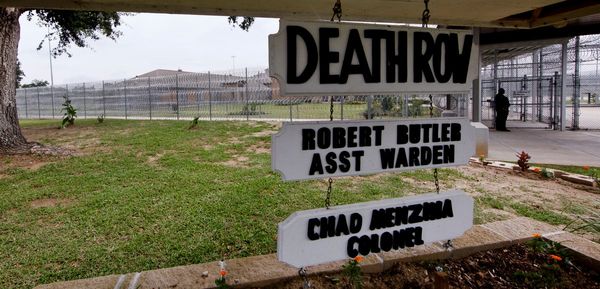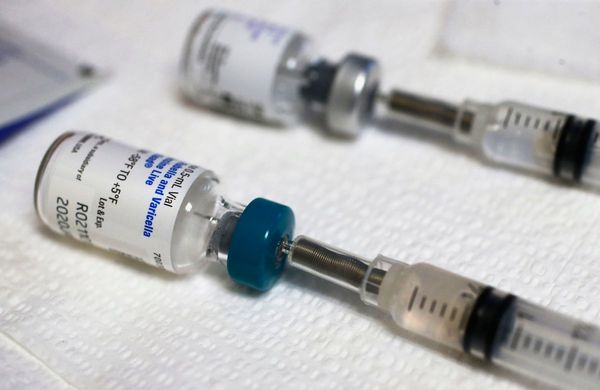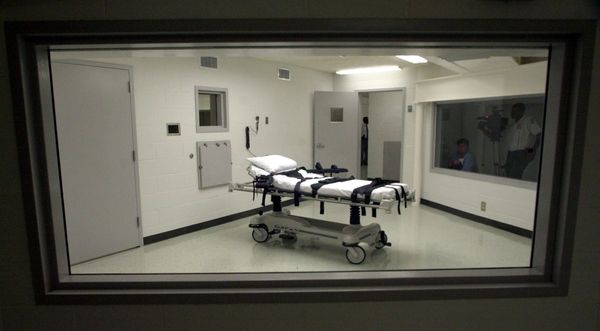The Welsh Government says UK Government plans to stop free testing are "premature and reckless".
The Prime Minister is due to speak to the Commons this afternoon and then take part in a press conference tonight. It is widely reported he will say there will soon be no legal requirement for people to self-isolate if they test positive for Covid, but urge them to do so.
It is also expected he will cut access to testing. Community PCR testing for people with symptoms is expected to stop under the new plan, but it is unclear whether the availability of free lateral flow tests will be reduced. On Sunday, Mr Johnson told the BBC's Sunday Morning programme the UK spent £2 billion on testing in January alone and that such high expenditure did not need to continue.
The UK Government's cabinet was due to met this morning but will now meet this afternoon.
Read more: The county where cases have risen in the last week
A Welsh Government spokesperson said: “Any decision to change the existing National Testing Programme would be premature and reckless. Testing has played a pivotal role in breaking chains of transmission of Covid, and has acted as a powerful surveillance tool helping us to detect and respond rapidly to emerging variants. It is clearly essential that this continues.
"Any decision to effectively turn off the tap on our National Testing Programme with no future plans in place to reactivate it would put people at risk. This is not acceptable.
"In Wales, we will continue to make decisions to protect the health of people based on the scientific evidence available to us."
The Welsh Government says testing and self-isolation has helped break the chain of transmission and is an important part of managing the pandemic.
Masks are still required in some settings in Wales, including in shops, health and social care settings and on public transport but Covid passes have now been scrapped. Read the latest isolation rules for Wales.
The next review of the rules in Wales is on March 4.
Professor Sir Andrew Pollard, director of the Oxford Vaccine Group at the University of Oxford, told BBC Radio 4's Today programme the UK has a "wall of immunity now" thanks to the vaccines "but the decision about when and how to reduce restrictions is enormously difficult".
He said the benefits of restrictions are obvious in "reducing chains of transmission, the risks of people getting infected, the burden on the health system", but the harms of restrictions are harder to assess.
He said: "They include things, just from a health perspective, like the impact on hospitals of having staff self-isolating, the inability to perform operations, there will be surgery cancelled today that may be critical for people because of staff who are off work during that period; the impact on education, on the workplace and the economy.
"The impacts on the economy and mental health will have longer-term consequences. So if we could find a measure that brings all of that together, we could work out the exact right moment (for lifting restrictions)."
Sir Andrew said "there isn't a right or wrong answer to this because we don't have a measure that helps us get there".
Responding to concerns that unscrupulous employers might force or pressure workers into going into work after the legal duty to stay at home ends, Mr Scully said businesses still had a statutory duty of care.
"I would say that it's like any illness, frankly, any transmissible illness that you would say stay at home," he said, but he admitted "it'll be down to themselves or down to their employer".
To get the latest email updates from WalesOnline click here.







